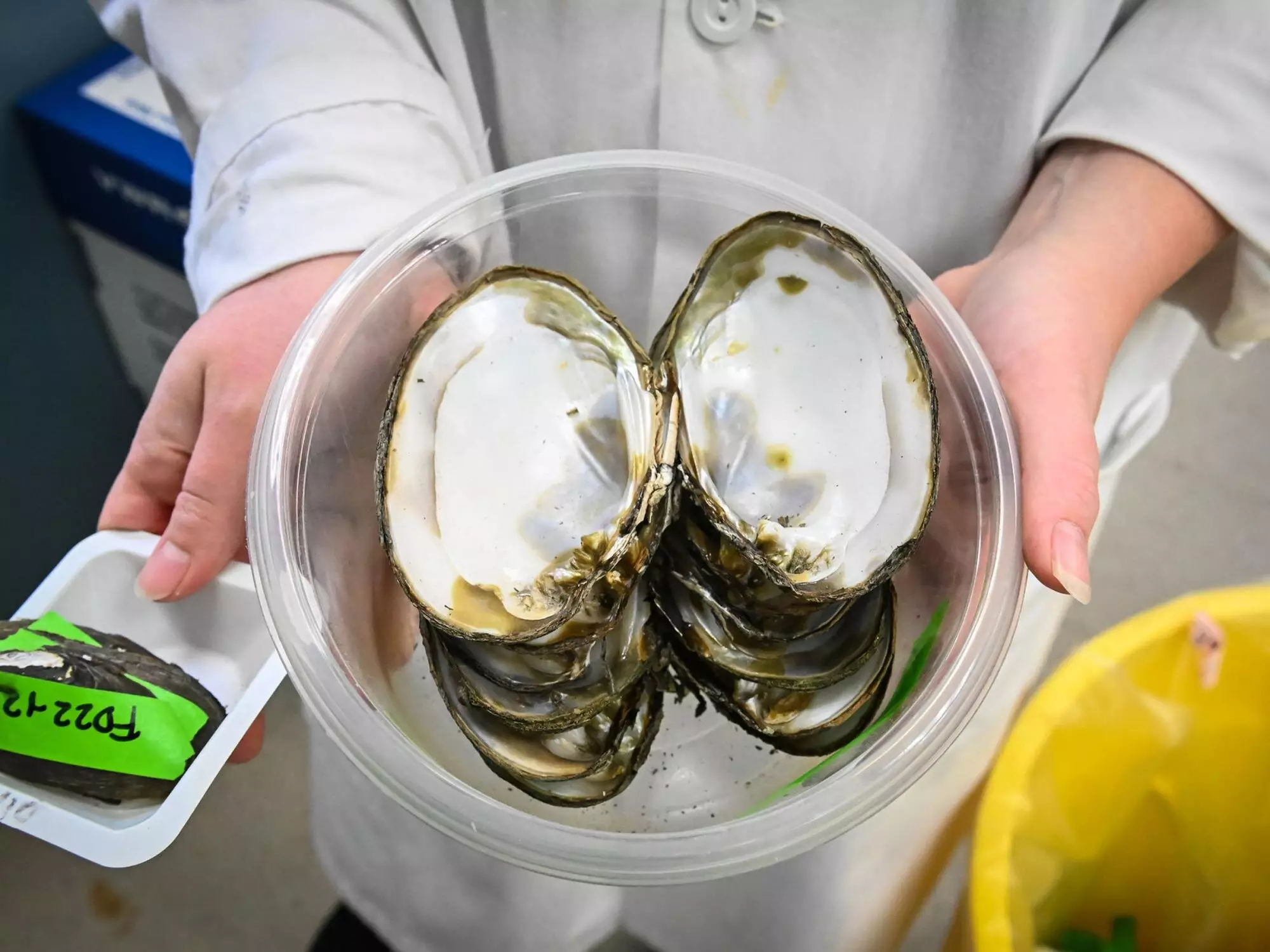Freshwater mussels, known for their ability to stay in one place for decades, play a crucial role as biomonitors in indicating the cleanliness of their environment. Researchers from Penn State have conducted a study on the effects of fracking wastewater on these mussels, revealing some concerning findings.
The study conducted by Penn State’s Department of Civil and Environmental Engineering focused on freshwater mussels downstream of a treatment facility in Western Pennsylvania that had been processing fracking wastewater for over two decades. Even after the facility ceased operation in 2019, the mussels still contained radium sourced from the treated wastewater.
The high salinity and presence of radioactive particles in the wastewater discharged from fracking activities had a devastating impact on the mussels. Mussels located closest to the discharge sites experienced high mortality rates, while those further downstream developed a tolerance to the contaminants but still absorbed them into their tissues and shells.
The unique ratios of radioactive elements found in the mussels allowed researchers to trace the source back to the treated Marcellus Shale wastewater. This indicates the long-lasting impact of human activities on the environment and the bioaccumulation of contaminants in aquatic organisms.
The levels of radium found in the mussels were significantly higher than recommended exposure limits, posing a potential health risk to organisms higher up the food chain that consume these mussels. The accumulation of contaminants in freshwater mussels raises concerns about the overall health of aquatic ecosystems.
The study highlights the need for more stringent regulations on wastewater disposal from fracking activities to protect both aquatic life and human health. The findings may lead to changes in how wastewater is treated and disposed of, especially in regions where freshwater mussels are consumed as food.
The research conducted by Penn State sheds light on the detrimental effects of fracking wastewater on freshwater mussels and the broader implications for aquatic ecosystems. It serves as a reminder of the importance of environmental monitoring and regulatory measures to safeguard our natural resources for future generations.


Leave a Reply